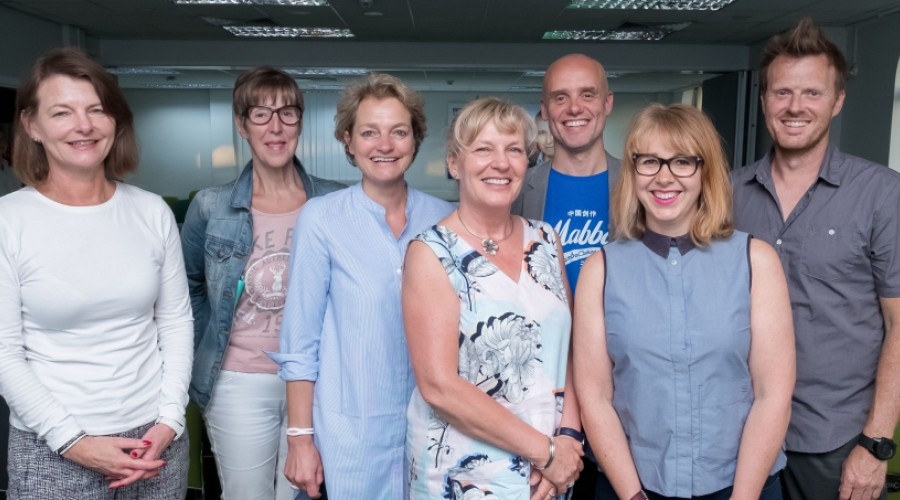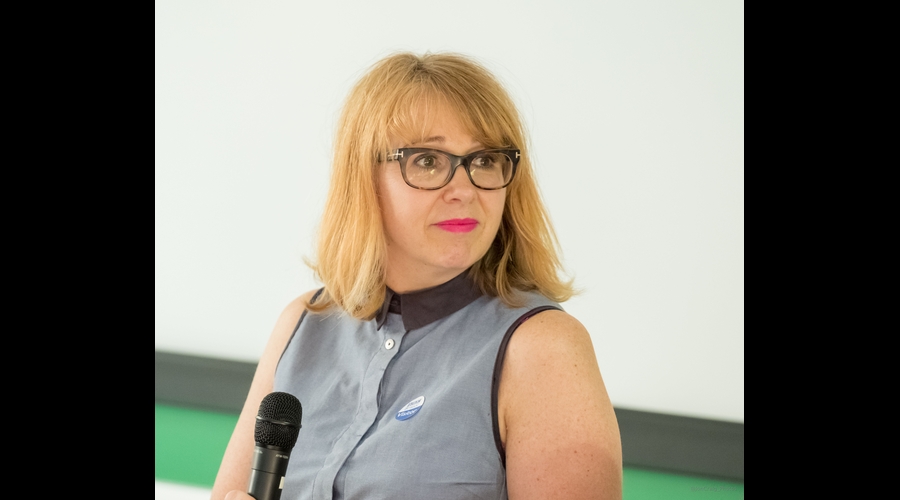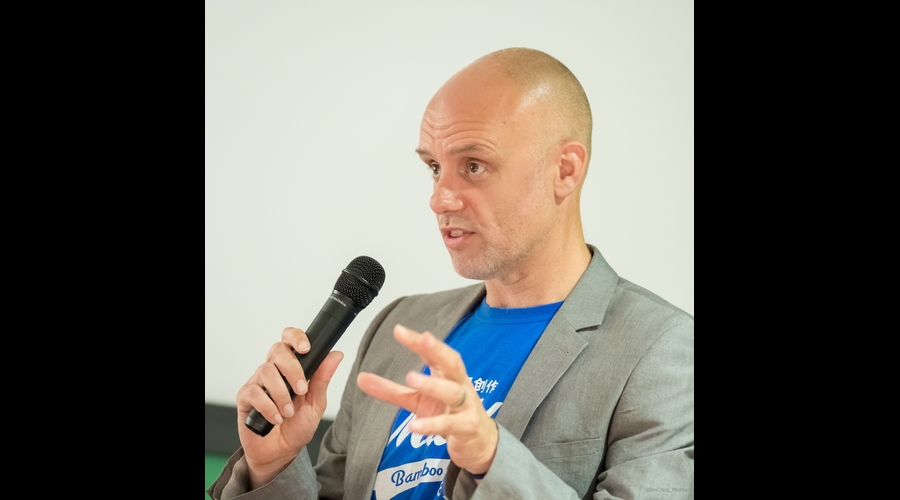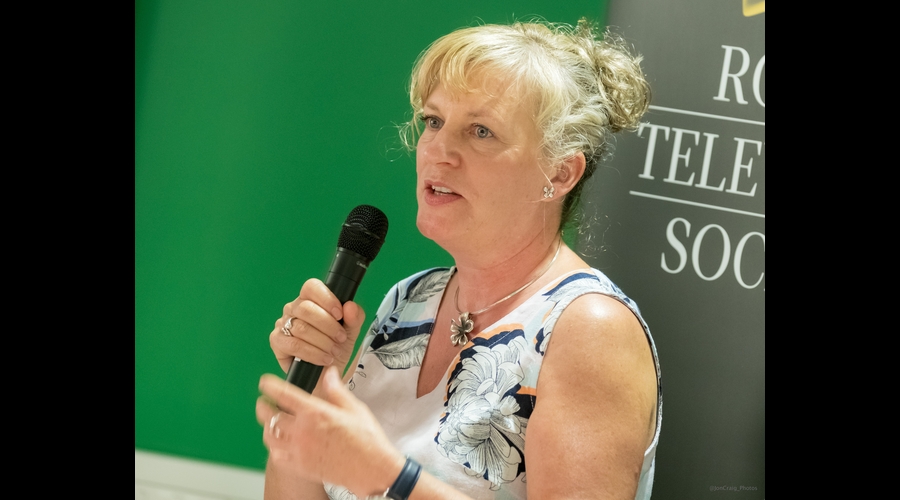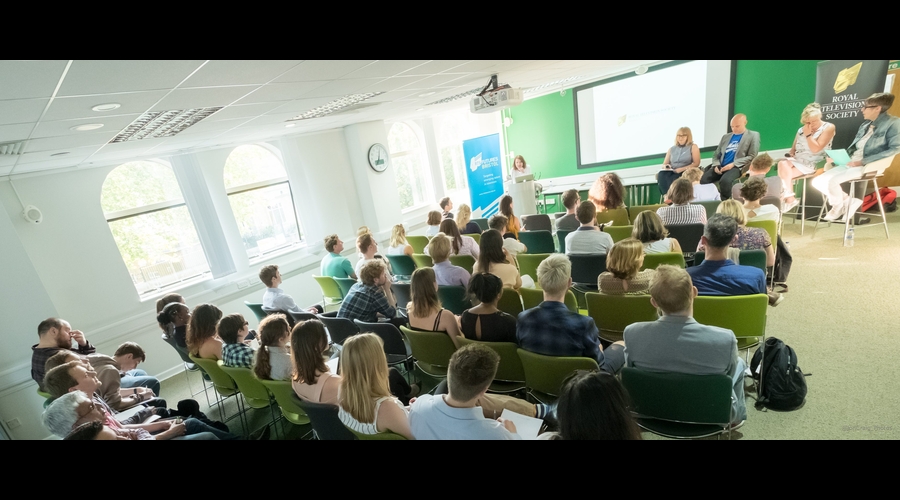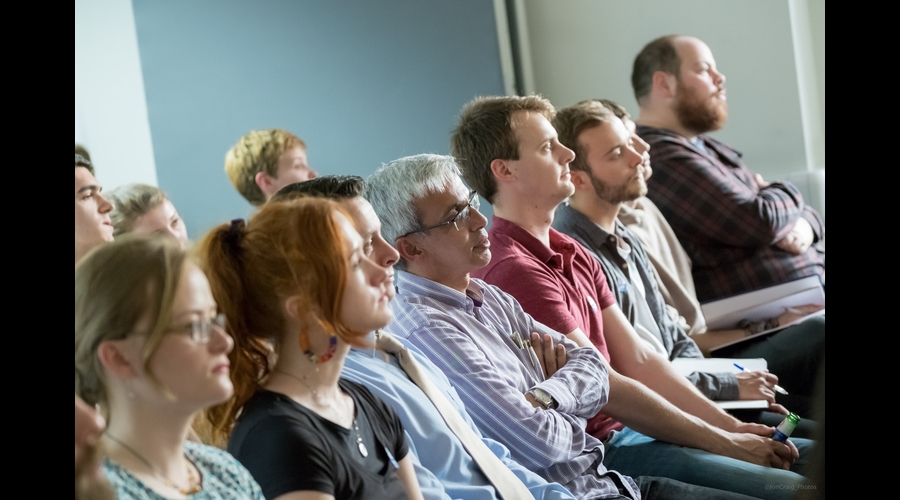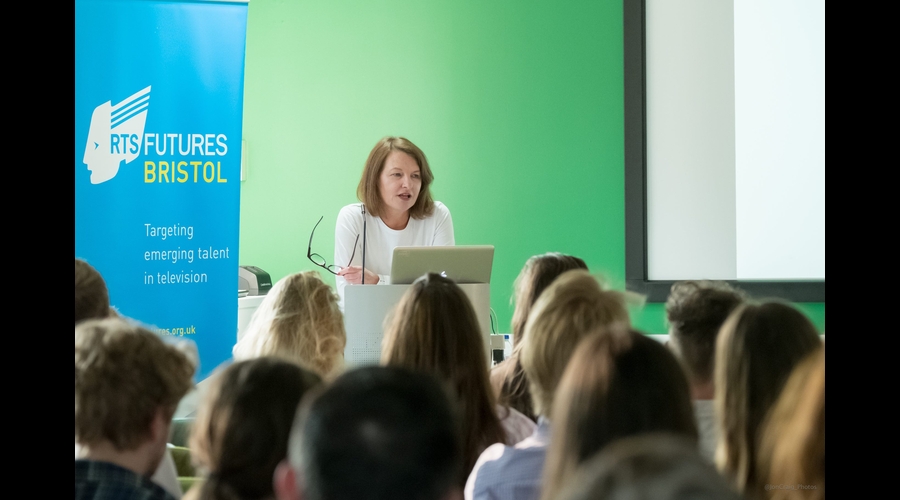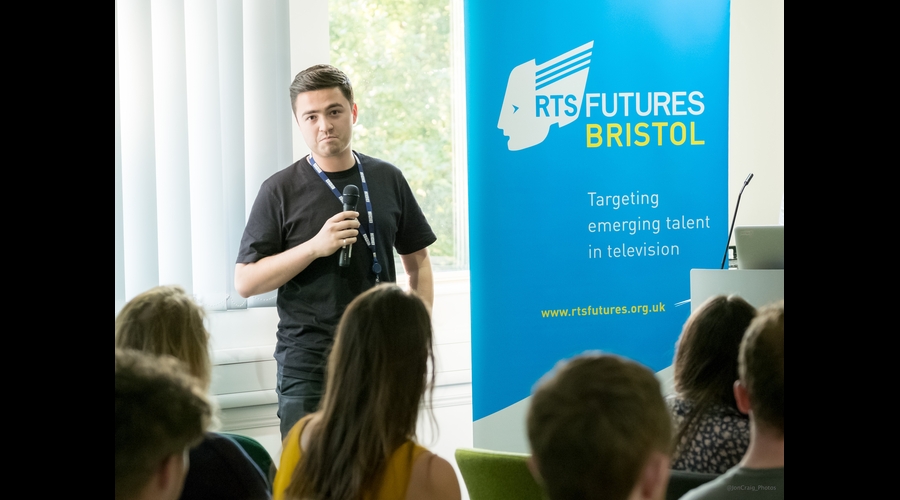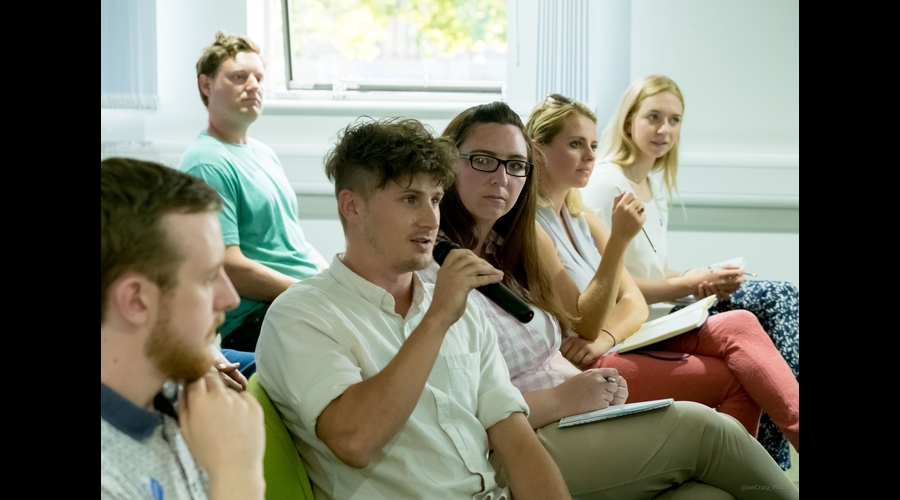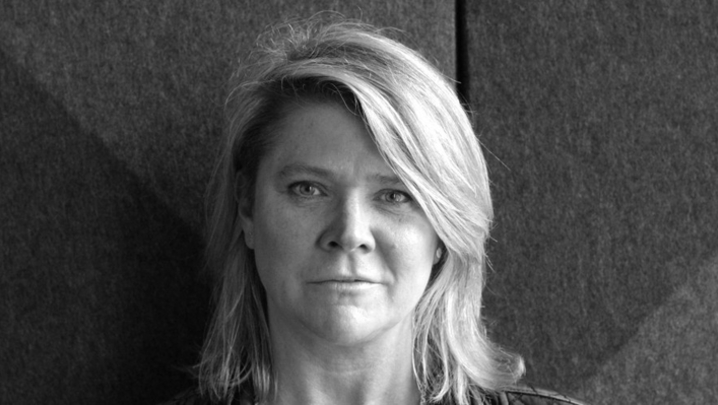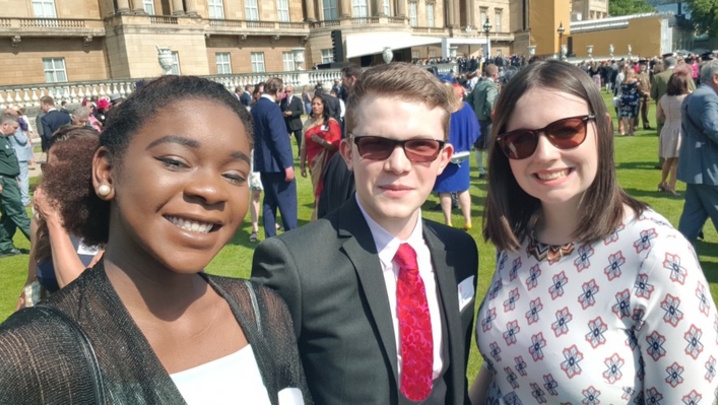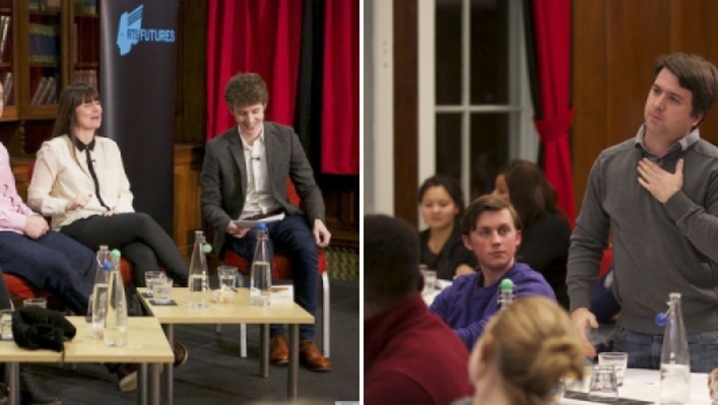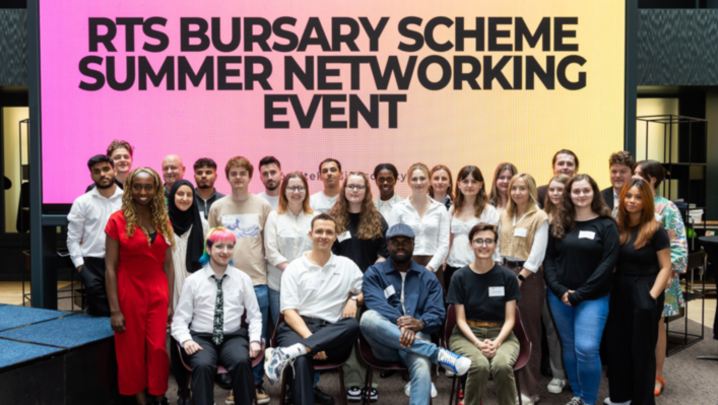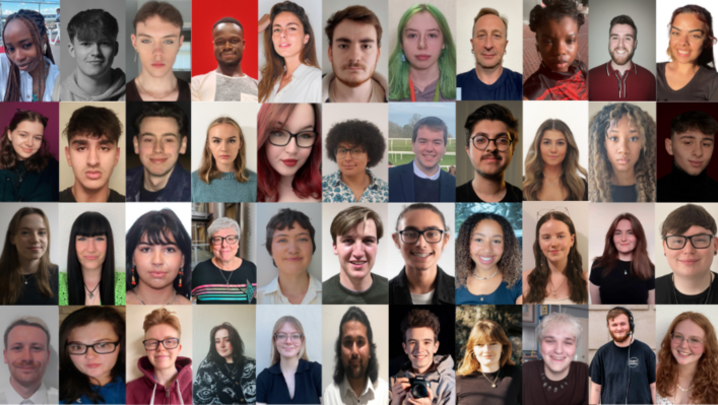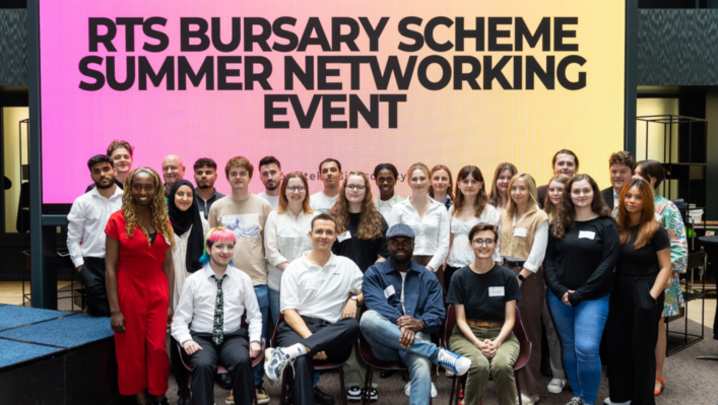A panel of experienced industry execs talked through the highs and lows of being a freelancer at a Bristol Centre event in late May hosted by BBC Bristol.
At “How to survive as a TV freelancer”, the panel cited toughness, persistence and resilience as key qualities needed to work in the television industry.
Transferable skills are also important. “You should be shooting, doing sound and showing your creativity,” said RDF West head of production Angela Oakhill.
One of Oakhill’s pet hates is interviewees who talk about RDF productions made in London: “Do your research – it’s easy to find out what shows are made here in Bristol.”
Anne Boyd, a drama producer who has worked on shows including Casualty and Trollied, talked about the long working hours scripted telly demands. She recommended having a good attitude and building a reputation to get hired.
Freelance editor Glenn Rainton (Timeshift) added: “Networking is everything – every job is word of mouth. It’s all about personal relationships.”
Money management was acknowledged as important. Inge Samuels, a freelance development producer (The Hairy Bikers’ Northern Exposure), advised: “Be resourceful and practical – keep three months’ pay to one side and get a good accountant.”
The panellists agreed that negotiating a first freelance contract and pay could be daunting. They suggested using rate cards as a starting point, and talking to colleagues and peers. “Be prepared to compromise” was one tip.
Samuels added: “Be creative – if you haven’t got any work, think outside the box and diversify.”
There were audience contributions from Hugo Pettitt, an assistant producer at BBC Documentaries, who talked about taking the step from academia to industry and Timo Baker, a composer, who discussed working as a “lone creative”.
Information from the event on industry organisations, training, talent schemes and talent/job databases can be found in the PDF below
All photos by Jon Craig.


